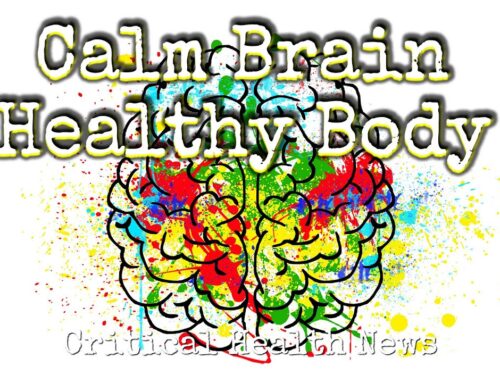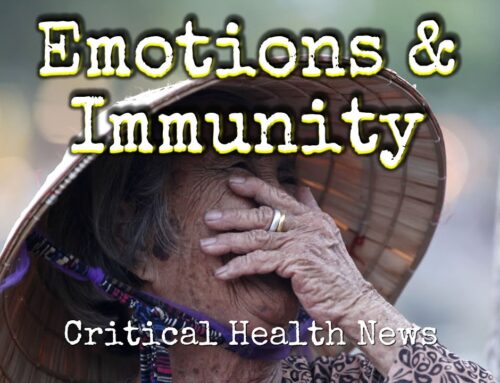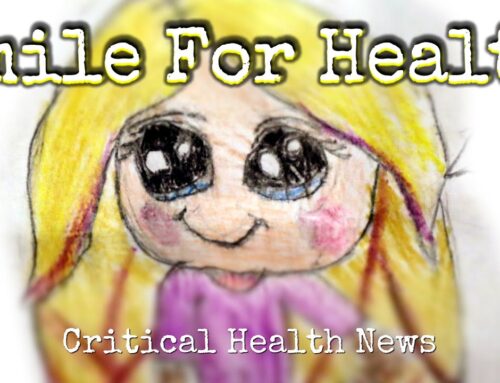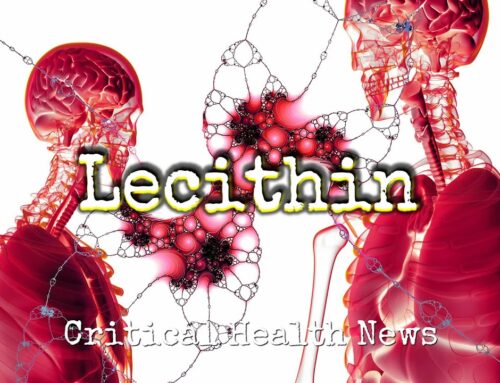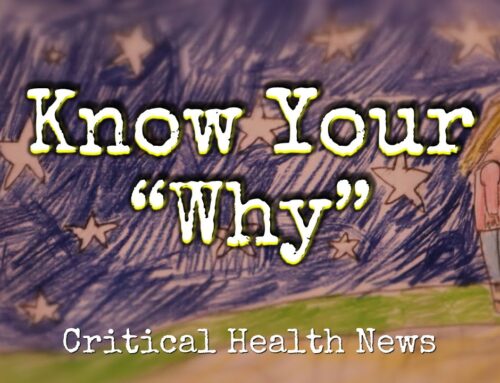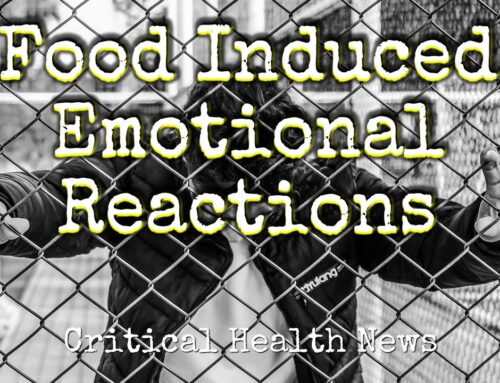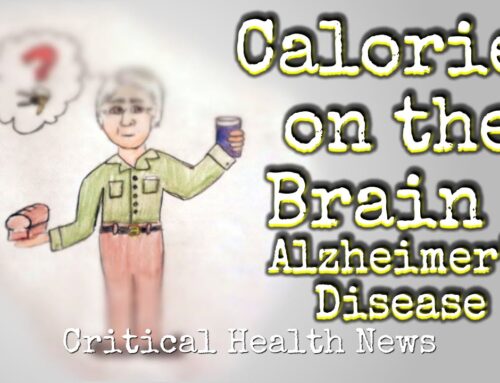I remember when Prozac first became popular in the 1980’s. It represented a class of antidepressant drugs that worked directly on a brain chemical known as “Serotonin”. Technically, the medication was the first of a family of pharmaceuticals called SSRI’s or “serotonin reuptake inhibitors”, that kept the molecule active longer and helps sustain its mood stabilizing effects.
Prior to the release of Prozac, antidepressants had a reputation (well deserved) for causing severe drowsiness and fatigue. They basically worked by suppressing the actions of brain activating molecules. One group of these older antidepressants impacted monoamine oxidase or MAO, an enzyme that’s involved in the breakdown of the brain’s happy hormones.
The pharmacological idea was that, by blocking the enzyme, more happy hormones would remain intact and be available to improve mood. MAO inhibitor drugs, like Marplan and Nardil, are to this day still used for their antidepressant effects. Interestingly and importantly, there are foods that have MAO inhibiting properties too.
Certain cheeses and cured meats, for example, have such significant monoamine oxidase suppressant effects that patients on MAO inhibitor drugs are told to avoid them. Other foods that inhibit MAO activity include apples, berries and sauerkraut.
Perhaps this is one reason why numerous studies have shown that the more veggies and fruits we eat, the happier and calmer we feel. There are spices that have monoamine oxidase inhibiting mood elevating molecules as well. If you tend towards depression, you might want to consider oregano, cloves, cinnamon and nutmeg, all of which are natural MAO inhibitors.

